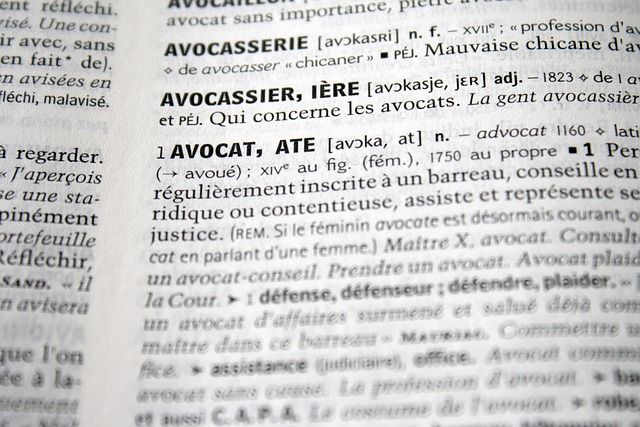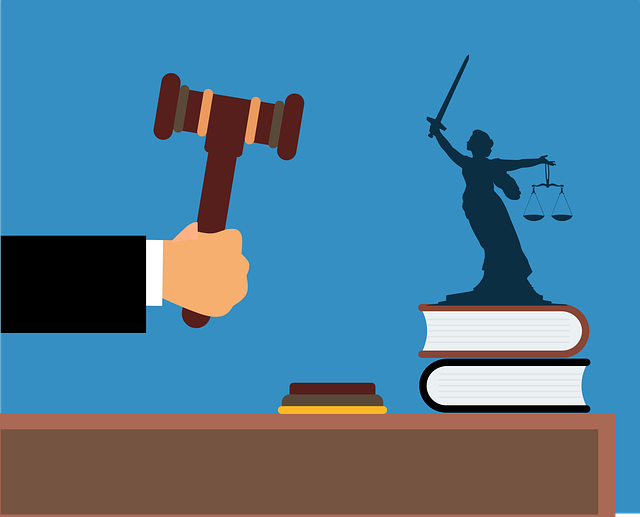Personal injury lawyers operate on a contingency fee basis, earning a percentage of settlement or award. This model incentivizes diligence and ensures access to legal representation for plaintiffs. Complex cases like elder abuse require upfront agreement on fee structures. Losing a case can lead to financial consequences, credibility damage, and deterrence from future action. Consulting an experienced attorney is crucial to understanding risks and appealing outcomes. After a loss, evaluate the trial, seek second opinions, manage finances, and consider alternative funding sources for complex cases.
“In the realm of personal injury law, understanding contingency fees is paramount. This arrangement, where attorneys are compensated based on a percentage of the judgment or settlement, offers potential clients risk-free legal pursuit. However, what happens if you lose a personal injury case with a contingent fee agreement in place?
This article explores the consequences and subsequent steps after such a loss, providing insights into navigating legal recourses available to ensure justice.”
- Understanding Contingency Fees in Personal Injury Cases
- Potential Consequences of Losing a Personal Injury Suit
- Navigating After a Loss: Legal Recourses and Next Steps
Understanding Contingency Fees in Personal Injury Cases

In personal injury cases, a personal injury contingency fee is an arrangement where the lawyer only gets paid if they successfully secure compensation for their client. This means legal fees are based on a percentage of the settlement or award, rather than an hourly rate. The most common contingency fee structures range from 33% to 45% of the total recovery. This model incentivizes lawyers to work diligently and efficiently since their earnings directly depend on the outcome. It also levels the playing field for plaintiffs who might not be able to afford traditional legal fees, allowing them access to high-quality representation.
Understanding how personal injury contingency fees work is crucial, especially when navigating complex cases such as elder abuse, breach of fiduciary duty, or accidents resulting in significant compensation. In these situations, clients should clearly communicate with their attorneys about the fee structure upfront and ensure they fully comprehend the potential outlay. This transparency fosters trust and ensures both parties are aligned in pursuing the best possible accident compensation.
Potential Consequences of Losing a Personal Injury Suit

Losing a personal injury contingency fee case can have significant consequences for those involved. In many jurisdictions, the prevailing party is typically awarded legal fees and costs from the losing side, which means the plaintiff may be on the hook for the defendant’s attorney fees. This financial burden can be substantial, especially if the case was complex or required extensive litigation.
Additionally, a loss could impact the credibility of the plaintiff and their ability to pursue future personal injury claims. The outcome might also discourage individuals from seeking legal representation in similar cases, as the potential costs outweigh the benefits. For those who sustain car accident injuries or face other personal injury claims, it’s crucial to consult with an experienced auto accident attorney to understand the risks and ensure the best possible outcome.
Navigating After a Loss: Legal Recourses and Next Steps

After a loss in a personal injury contingency fee case, it’s crucial to understand your legal options and the next steps. The initial reaction might be overwhelming, but taking control of the situation is essential. Start by evaluating the outcome and understanding the reasons behind the judgment or verdict. This involves reviewing the evidence presented during the trial and consulting with your attorney to identify any potential areas for appeal or missteps in the legal process.
Next, consider seeking a second opinion from another legal expert. They can provide fresh insights and assess whether there were any overlooked opportunities or legal strategies that could have altered the outcome. Additionally, explore options for resolving outstanding financial obligations related to the case. This may involve renegotiating fees with your attorney or exploring alternative funding sources, especially in cases like slip and fall injuries or partnership disputes where complex circumstances are at play. Engaging an accident lawyer experienced in personal injury contingency fee arrangements can be beneficial in navigating these complexities.
Losing a personal injury contingency fee case can be disheartening, but understanding the potential consequences and available legal recourses is essential. While the outcome may not reflect the initial expectations, navigating the next steps with guidance from experienced legal professionals can help mitigate losses and ensure justice. Remember, in the realm of personal injury contingency fees, knowledge is power, and being informed about your options enables you to make strategic decisions moving forward.






